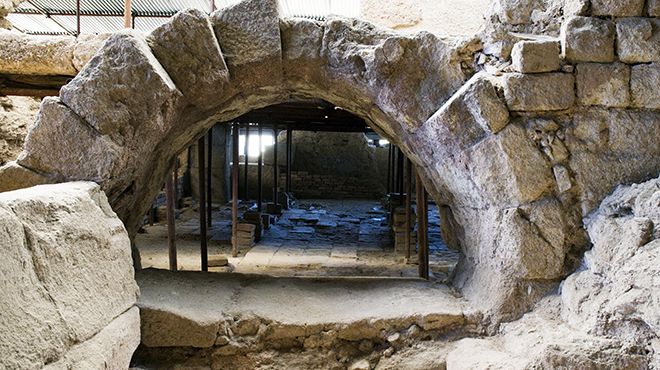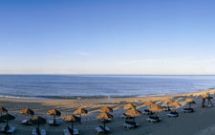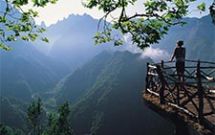Estação Arqueológica do Freixo - Tongobriga

Archaeology
Archaeological Site of Freixo - Tongobriga
The ruins of the Roman city of Tongobriga lie under the village of Santa Maria do Freixo, in the municipality of Marco de Canaveses. They are dispersed around 15 hectares of area classified as a National Monument, and fall under the management of the Regional Directorate for Culture for the North.
Some of these ruins have already been surveyed by archaeologists and can be visited:
- Walled perimeter of about 13 hectares, covering the entire village of Freixo, within which are housed residential settlements of pre-Roman and Roman dwellings, built between the first and fifth centuries AD;
- The bathing area of the (pre-Roman) fortified village, the forum and the Roman baths, these latter dating from the first and second centuries AD, are located outside the walled perimeter at the base of the hill where the village of Freixo is located.
The Roman Forum and Baths, which constitute the ex-libris of this archaeological site, stand out due to their monumental nature.
The Archaeological Site of Freixo has several amenities for the use of visitors: an Interpretive Centre (which houses the reception for visitors), with a permanent exhibition dedicated to the change of life of the inhabitants of Tongobriga when it became part of the Roman Empire; a Restaurant/Cafeteria; an Auditorium (where a documentary about the site can be viewed), four visitable archaeological ruins and a number of temporary exhibitions.
The village of Freixo itself is a pleasant and historical place to visit, and forms part of the “Historical Villages of Portugal”. In it of note is the parish church of Santa Maria (under which lie ruins of Roman houses with mosaics); the buildings related to one of the biggest fairs in the North of Portugal, which ceased to function at the beginning of the 20th century (the so-called “Lent Fair”); and the Manor House which the Captain-Major of Canaveses, António de Serpa Pinto, ordered built at the time of the French Invasions.
4630-095 Marco de Canaveses




 Explore
Explore 
 Remember and Share
Remember and Share 


